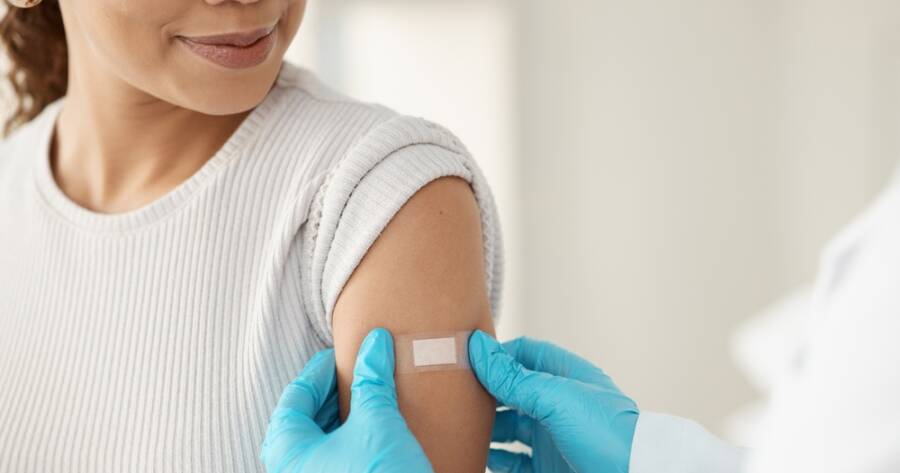If you’ve ever questioned the importance of vaccines, consider how they have transformed public health by preventing serious illnesses and saving millions of lives. Vaccines work by teaching your immune system to recognize and fight specific pathogens before they can cause disease. If vaccines are utilized widely, they can protect not only individuals but entire communities through herd immunity. Despite their proven benefits, misinformation and vaccine hesitancy can leave populations vulnerable to preventable diseases.
1. If You Want to Protect Yourself, Vaccines Are Critical
Vaccines are a cornerstone of preventive healthcare. If you’re vaccinated, you may significantly reduce your risk of contracting diseases such as measles, polio, or influenza. Vaccines are especially important for people with weakened immune systems or chronic health conditions, as these individuals are more likely to experience severe complications from infections.
Additionally, if you are vaccinated and still contract the disease, it’s likely that your symptoms will be milder than they would have been without vaccination. For instance, if you get a flu vaccine but still catch the flu, you’re less likely to face hospitalization or life-threatening complications.
2. If You Care About Community Health, Vaccines Help Protect Others
Vaccination is not just about personal health—it’s also about protecting others, especially those who cannot be vaccinated due to medical reasons or age. If a significant portion of the population is vaccinated, herd immunity can reduce the spread of diseases and protect vulnerable groups like infants, the elderly, and people with compromised immune systems.
For example, if you vaccinate your child against measles, you’re not only safeguarding them but also helping to prevent outbreaks that could harm other children and adults in your community.
3. If You Think Some Diseases Are Rare, Vaccines Are Likely the Reason
Diseases like polio and smallpox have been nearly eradicated in many parts of the world thanks to vaccines. However, if vaccination rates decline, these diseases could make a comeback. For instance, measles—a disease once under control in many countries—has resurged in areas where vaccine uptake has dropped.
If global vaccination efforts were to falter, it’s possible that we could see a return of diseases that were once considered under control or eliminated.
4. If You’re Concerned About Safety, Vaccines Are Thoroughly Tested
Vaccines undergo rigorous testing and monitoring before they are approved for public use. If you’re worried about potential side effects, it’s important to know that most vaccines cause only mild, temporary reactions like soreness at the injection site or a low-grade fever. Serious side effects are extremely rare, and the benefits of vaccination far outweigh the risks for the vast majority of people.
5. If Cost Is a Concern, Vaccines Are a Wise Investment
Vaccination is one of the most cost-effective health measures available. If you consider the potential financial impact of preventable diseases, such as hospitalization fees, specialist visits, medications, and time away from work, it becomes clear that treating an illness is far more expensive than preventing it. Many diseases, like pneumonia, rotavirus, or hepatitis, can lead to long-term health complications that require ongoing care, adding even more to the overall cost.
On the other hand, many vaccines are low-cost or free through national health programs, community clinics, or insurance plans. When you get vaccinated, you’re not just protecting your health—you’re also safeguarding your financial stability. Investing in prevention today can help you avoid significant medical and economic burdens in the future.
6. If You’re Unsure, Consult Trusted Sources
If you find yourself feeling uncertain or overwhelmed by conflicting information about vaccines, you’re not alone. The spread of misinformation online can make it difficult to separate fact from fiction. That’s why speaking directly with healthcare professionals, such as your doctor, nurse, or pharmacist, is one of the most reliable ways to get accurate answers tailored to your personal health needs. These experts can help you assess vaccine risks, benefits, and recommendations for your age, lifestyle, and medical history.
You can also refer to trusted public health organizations such as the Centers for Disease Control and Prevention (CDC), the World Health Organization (WHO), or your local health department. These institutions continually review scientific data and update guidelines to ensure public safety. Turning to credible sources empowers you to make informed, confident decisions that support your long-term health.
Protecting Generations Through Informed Choices
Vaccines play a vital role in maintaining both individual and community health by preventing the spread of dangerous diseases that once caused widespread suffering. When you understand how vaccination reduces infections, complications, and outbreaks, it becomes clear why continuing strong vaccination efforts is essential for a stable and healthy future. Staying informed and proactive ensures that you and your loved ones remain protected.
Looking ahead, ongoing vaccination programs are key to preventing the resurgence of illnesses and minimizing the impact of emerging infectious threats. By choosing to vaccinate, you contribute to a healthier society and help safeguard progress for generations to come. When communities prioritize prevention, everyone benefits—from the youngest infants to the most vulnerable members of society.
